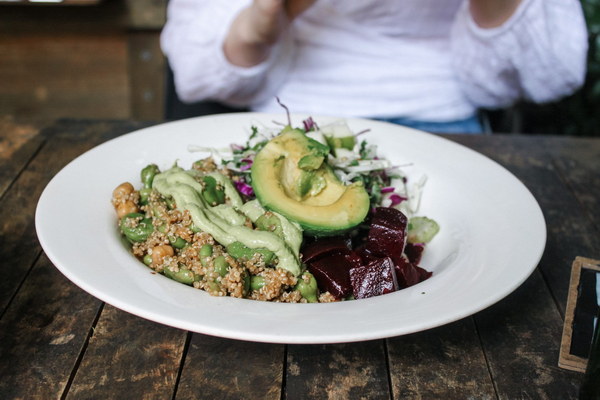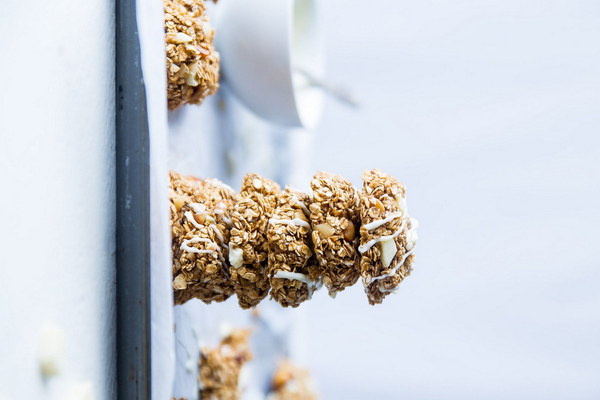Natural Sleep Solutions Simple Dietary Tips for Insomnia Relief
Insomnia, or the inability to fall asleep or stay asleep, is a common problem that affects many people. While there are numerous medications and treatments available, many prefer to explore natural remedies. One such effective method is through dietary adjustments. Here are some simple dietary tips that can help you combat insomnia and achieve a restful night's sleep.
1. Avoid Caffeine and Alcohol
Caffeine and alcohol are well-known stimulants that can disrupt sleep patterns. Try to reduce your intake of these substances, especially in the hours leading up to bedtime. Replace them with calming drinks such as herbal tea or warm milk.
2. Eat a Balanced Diet
A balanced diet rich in fruits, vegetables, whole grains, lean proteins, and healthy fats can contribute to better sleep. Certain nutrients, like magnesium and B vitamins, can help regulate your sleep-wake cycle. Incorporate foods like almonds, leafy greens, legumes, and whole grains into your meals.
3. Have a Regular Sleep Schedule
Maintaining a consistent sleep schedule is crucial for regulating your body's internal clock. Aim to go to bed and wake up at the same time every day, even on weekends. This will help signal to your body when it's time to sleep.
4. Avoid Heavy Meals Before Bed

Overeating or consuming heavy, rich foods before bedtime can lead to discomfort and indigestion, making it harder to fall asleep. Instead, have a light, nutritious snack an hour before bedtime, such as a piece of fruit, a handful of nuts, or a yogurt.
5. Stay Hydrated
Drinking plenty of water throughout the day is essential, but avoid drinking large amounts of fluids before bedtime. Excessive fluid intake can lead to frequent bathroom trips during the night, disrupting your sleep.
6. Incorporate Sleep-Inducing Foods
Certain foods contain natural compounds that can promote relaxation and improve sleep quality. Here are a few to consider:
- Cherries: Cherries are high in melatonin, a hormone that regulates sleep-wake cycles.
- Almonds: Almonds are a good source of magnesium, which can help improve sleep quality.
- Bananas: Bananas contain magnesium and potassium, which can help relax your muscles and induce sleep.
- Valerian root tea: Valerian root has been shown to have a calming effect on the nervous system and can help you fall asleep more quickly.
- Turmeric: This spice contains curcumin, a compound that can reduce inflammation and improve sleep quality.
7. Limit Exposure to Bright Lights
The blue light emitted by electronic devices like smartphones, tablets, and computers can interfere with your sleep-wake cycle. Try to reduce exposure to these devices at least an hour before bedtime.
By following these dietary tips, you can create a more conducive environment for sleep and improve your chances of getting a restful night's rest. Remember that it may take some time to notice the benefits of these adjustments, so be patient and persistent in your efforts. If you continue to experience insomnia, consider consulting a healthcare professional for further guidance and support.









